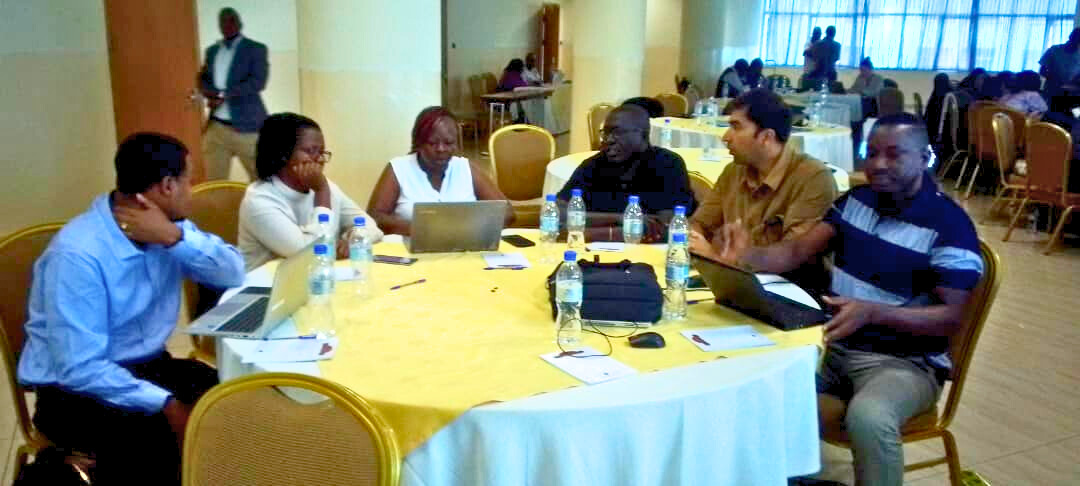
Participants to the regional workshop sharing experiences during a group work.
In the face of increasingly frequent and severe climate shocks across the Horn of Africa, a regional workshop held from 22–23 May 2025, in Addis Ababa, Ethiopia convened key stakeholders to chart a proactive path forward. Organized by the IGAD Climate Prediction and Applications Centre (ICPAC), the workshop focused on mainstreaming Anticipatory Action (AA) by developing sector-specific advisories and increasing awareness and application of AA in seasonal forecasting and decision-making processes.
Participants and Regional Collaboration
The event drew a wide range of stakeholders, leveraging the concurrent GHACOF meeting for cost-effectiveness and cross-sectoral engagement. Attendees included: Sector representatives from all eight Eastern Africa countries, covering Agriculture/Food Security, Water/Hydrology, Disaster Risk Management, Rangelands and Livestock, Health, Climate, and Conflict. Other representatives were from IGAD, the AA Technical Working Group and regional and international partners involved in climate and disaster risk management
Climate Extremes Underscore the Need for Proactive Approaches
The Horn of Africa has endured unprecedented climate crises over recent years. A prolonged five-season drought left 23.4 million people facing acute food insecurity and 5.1 million children suffering from acute malnutrition. This was followed by widespread flooding across Somalia, Ethiopia, Kenya, Uganda, and Burundi, displacing more than 2 million people and spreading waterborne diseases. By March 2024, an estimated 54 million people in Eastern Africa were affected by food insecurity, with climate change and conflict as the key drivers.
Despite longstanding efforts through the Greater Horn of Africa Climate Outlook Forum (GHACOF) and the regional climate services framework, gaps remain in the operational use of seasonal forecasts for proactive decision-making. Much of the guidance produced has been generic, lacking the specificity needed to inform localized actions.
Anticipatory Action: A Paradigm Shift in Forecast-Based Decision-Making
Anticipatory Action offers a new direction. It enables sector-specific early interventions based on probabilistic forecasts, ensuring responses are targeted, timely, and impact-oriented. The Addis Ababa workshop provided a platform for enhancing understanding and integration of AA across sectors, with the aim of transitioning from reactive crisis response to proactive risk management.
By embedding AA into sectoral dialogues, stakeholders can better interpret climate forecasts, understand their implications, and coordinate actionable interventions tailored to evolving threats. The workshop emphasized the need for harmonized tools, templates, and institutional frameworks to support this shift.
Objectives and Key Activities
The regional workshop was designed with three primary objectives:
- Training sector focal points on how to apply the Anticipatory Action approach using seasonal forecasts to inform sector-specific interventions.
- Developing a common reporting template for sectoral impact assessments based on seasonal forecasts.
- Initiating discussions for a Regional Anticipatory Action Plan, aligning with existing climate service and disaster risk management frameworks.
Outcomes and Commitments
Participants emerged with a shared understanding of the AA approach, equipped with tools to co-produce sectoral advisories that are both climate-informed and action-oriented. The workshop also produced a streamlined AA guidance template, facilitating consistent reporting on sectoral impacts, triggers, and actions.
A key outcome was the demonstrated commitment from sector focal points to embed Anticipatory Action in their respective domains ranging from agriculture and food security to health, rangeland management, water, and disaster risk reduction.
Looking Ahead
As climate extremes continue to challenge the resilience of communities across the region, the integration of Anticipatory Action into sectoral planning marks a critical evolution in the region’s approach to climate risk. With growing political and institutional support, and a commitment to operationalizing AA frameworks, this workshop laid the foundation for stronger early warning systems, more effective early action, and ultimately, greater resilience across Eastern Africa


